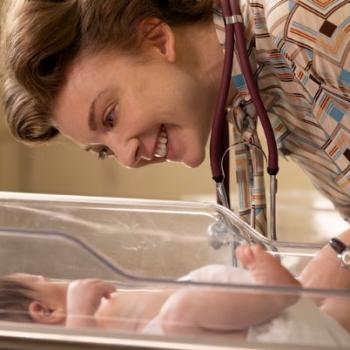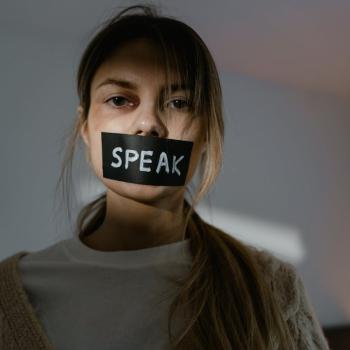I am mostly glad about that, as well, but only mostly. While I'm glad that working mothers face less social resistance at church than they have in the past, for example, I also recognize that a robust system of community norms is associated with vibrant group identity and social cohesion. And somewhat paradoxically, strong cultural norms can allow a certain kind of personal freedom; when generally desirable behaviors can be enforced informally through the pressure of social norms, those behaviors don't have to be absolutely proscribed in law or regulations and thus aren't subject to formal penalties. Then when an individual community member faces a circumstance in which breach of the taboo is really necessary, he or she can act without fear of official penalty. (That's not to say that there won't be any social consequences within the community: there probably will be, and that's not an easy thing.)
Thus while I may not mourn the passing of some of our cultural taboos, I'm a qualified supporter of taboo in the abstract. Social norms, mores, and folkways generally do important cultural work, and they're a tireless assistant to parents engaged in the arduous work of socializing children. I can use the help. I myself haven't seen The King's Speech, because I'm just too darn tired to go out once the kids are in bed.





